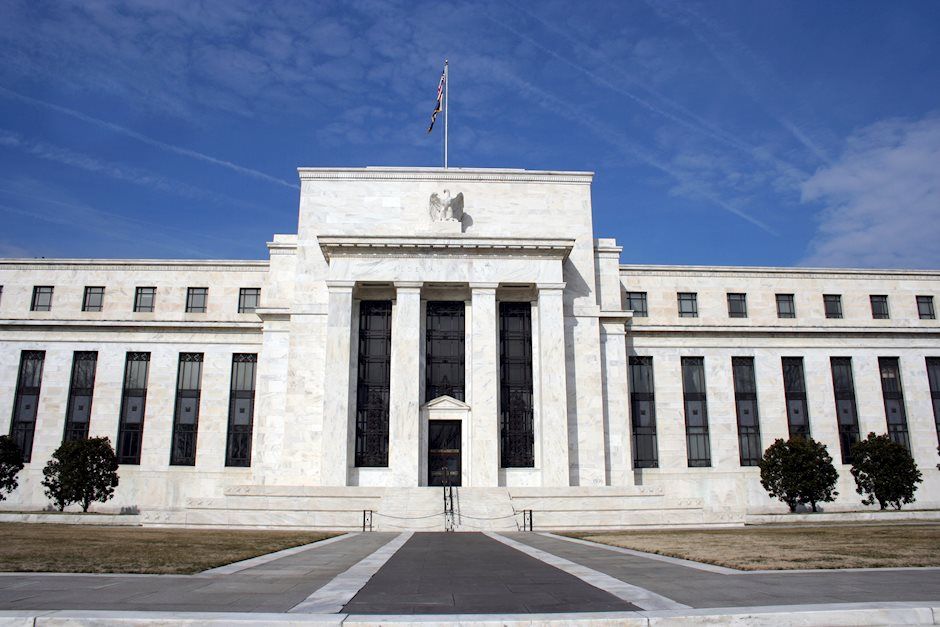Using the Fed's model to evaluate Mr. Trump's fiscal proposals – Deutsche Bank

With a rate hike at next week's Fed meeting believed to be all but a done deal, attention will be on how much, if at all, the Fed's forecasts shift in a more hawkish direction in response to the US presidential election, suggests Research Team at Deutsche Bank.
Key Quotes
“With considerable uncertainty remaining about the details of policy proposals, the likelihood that they will be passed, and the timing of implementation, we anticipate that Fed members will be relatively cautious in adjusting their forecasts at this point. That said, the Fed staff will no doubt be informing the FOMC about the possible effects on the outlook of various fiscal policy scenarios, and we expect Chair Yellen will be asked to comment on the issue at the press conference.”
“We use the Federal Reserve Board staff's model of the US economy (FRBUS) to gauge the potential impact of Mr. Trump's tax and spending policies. Our results suggest that a nearly full implementation of the main components of these policies – the corporate tax rate cut to 15%, reduced personal income taxes, and a fiscal spending program amounting to about 0.5% of GDP – would provide a substantial boost to the economy. Under this scenario, by end-2018 growth would rise above 3%, the unemployment rate would fall below 4%, and the fed funds rate would be 50bp higher than the Fed currently projects. The main drivers of this growth pickup are stronger capex due to the corporate tax cut and faster growth in consumer spending due to lower personal income taxes.”
“Several alternative scenarios in which the fiscal stimulus program is scaled back lead to more modest implications for the outlook. For example, if corporate tax revenues were cut by half as much, the growth benefit of the overall package would be reduced by one-third in 2018. In addition, a more aggressive Fed response in line with a traditional Taylor rule would reduce the growth benefit by nearly one-fifth.”
“There is a wide range of uncertainty around such conventional model-based estimates. On the one hand, a substantial fiscal boost to aggregate demand at a time when the labor market is already near full employment could elicit a strong enough jump in inflation and reaction from the Fed to sew the seeds of the next recession a couple years hence. On the other hand, tax cuts, infrastructure spending, and deregulation could give animal sprits enough of a lift to usher in the next supply-side boom with a surge in business investment and productivity growth that has been languishing for most of the current economic recovery period.”
Author

Sandeep Kanihama
FXStreet Contributor
Sandeep Kanihama is an FX Editor and Analyst with FXstreet having principally focus area on Asia and European markets with commodity, currency and equities coverage. He is stationed in the Indian capital city of Delhi.

















